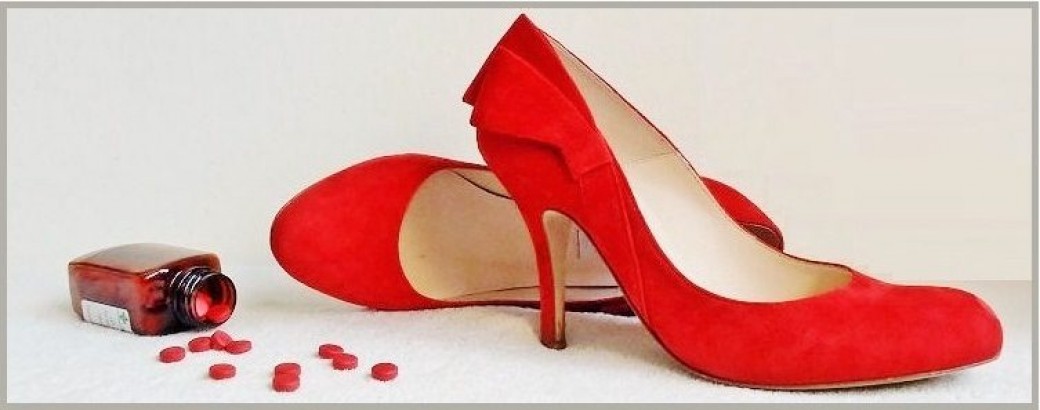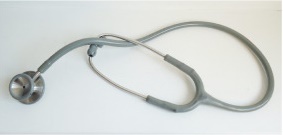We’ve all seen spectacular examples of CPR (cardio-pulmonary resuscitation), especially on TV, where it leads to equally spectacular results: the previously pulseless patient sits up and tucks into pizza while vowing undying love for his family.

In real life, the story is different. Outside Casualty, Grey’s Anatomy, and other small screen dramas, CPR is far less successful. Cardiac arrest in hospital has a survival rate of around 35%. Out in the big wide world, survival is more like 8%. This UK figure is especially dismal when compared with other western countries.
I learned all this and more at a CPR refresher course this week, courtesy of the Hospital of St John and St Elizabeth in North London. Tutor Philip Howarth is a brilliant mimic as well as a gifted teacher, and he was assisted by his fellow resuscitation officer Christilene Kiewiets. I can’t actually think of a more worthwhile way to spend a rainy Wednesday afternoon.

We went through various scenarios of increasing complexity, but the principles are simple and they’re things everyone should know.
In a cardiac arrest, the heart stops pumping. This deprives the body of vital oxygen.
After five minutes without treatment, this damages the most important organ in the body (that’s the brain, in case you wondered).
CPR buys time. After a cardiac arrest, it can keep life going for up to 20 minutes (possibly even longer). That means time for paramedics to get there.
But CPR needs to start as soon as possible, ideally within two minutes.
Classic CPR uses chest compression and rescue breaths (in a ratio of 30:2 for adults). But hands-only CPR is a useful alternative. (Chest compressions make the lungs move, so they deliver some ‘breaths’. And people are more likely to give CPR to strangers if they can avoid mouth-to-mouth.)
Chest compressions should be fast and deep. A rate of 100-120 compressions a minute (two per second) is better than the old advice to keep time with the BeeGees’ Stayin’ Alive. ‘Deep’ usually means to a third of the depth of the chest. It’s tiring, and it can be noisy. The sound of ribs cracking is par for the course.

Defibrillators can make all the difference to the outcome. In the UK there’s an increasing number of public-access defibrillators in airports, stations, and the like. The best bit is that these automated defibrillators are very easy to use, with voice prompts that are simpler and far more reliable than sat nav.
The most important thing of all?
Have a go. If someone has a cardiac arrest and you stand idly by, that person is dead. So there’s nothing to lose.
If you’re wondering about the best place to cash in your chips, a Las Vegas casino is probably the safest location of all in which to suffer an out-of-hospital cardiac arrest. Security guards trained in CPR and the prompt use of defibrillators can achieve impressive results.

Photo credit Bob Townsend
***
The free app Lifesaver is a live-action movie you play like a game. It’s a great way to learn how to save someone’s life.
The British Heart Foundation runs HeartStart training courses around the UK.
First aid courses for the public offered by other charities such as the British Red Cross also include CPR.
Some ambulance instructors also teach the public. Get in touch with the Community Defibrillator Officer or the ambulance training school nearest you for more details.
The latest Resuscitation Council UK guidelines can be found here.
Here’s an easy tweet:
CPR: Why You Should Jump on a Stranger’s Chest http://wp.me/p3uiuG-1qC via @DrCarolCooper #CPR #cardiacarrest





